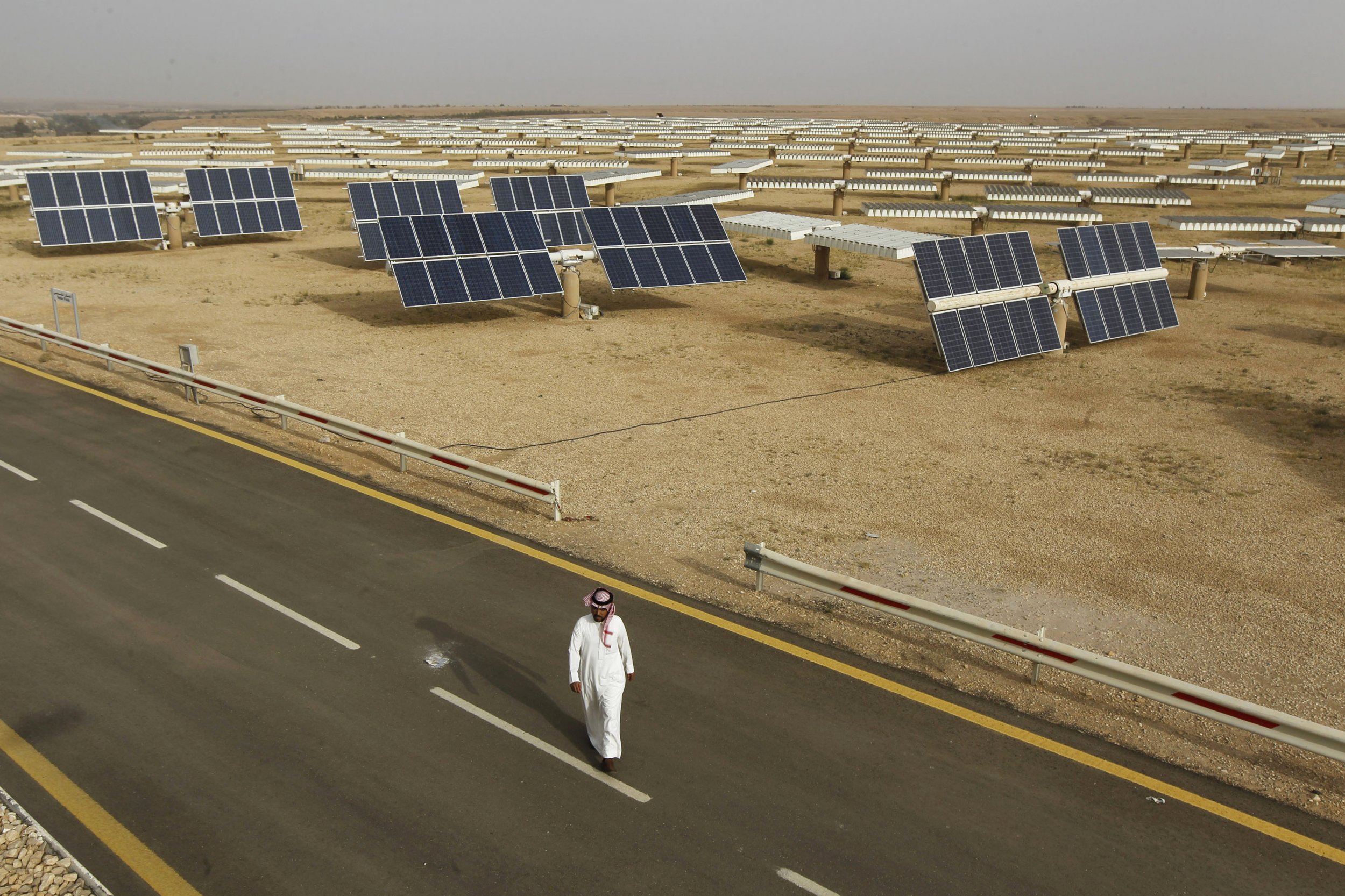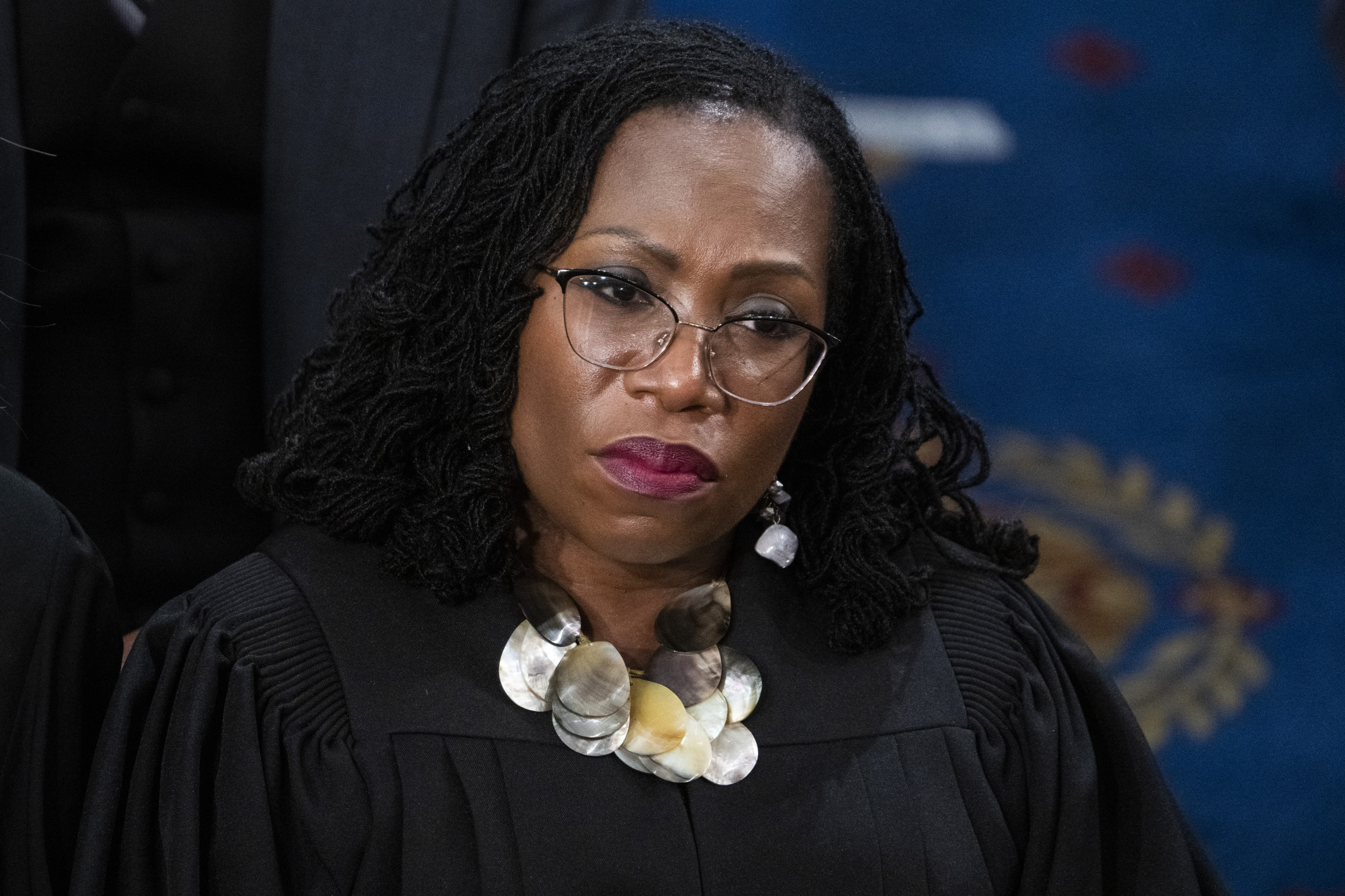
How does a country negotiate its own perceived demise? This may be the most pertinent question to consider when pondering the role of Saudi Arabia at the United Nations 21 st Conference of Parties (COP21) in Paris.
The simple answer is that it does not. Instead it undermines and blocks those negotiations and their goal wherever possible. Of course, it's more complicated than that: in doing so, it is also wittingly accepting death by other means, but with its eyes wide open.
The goal of COP21 is a "decarbonized" global economy. According to the Intergovernmental Panel on Climate Change, this means ultimately halting supply by keeping three-fourths of all known fossil fuels in the ground forever. On Sunday, Dec. 6, a group of 163 non-governmental organizations led by indigenous leaders and some of the world's largest environmental organizations from 28 countries, released a "Declaration to Keep Fossil Fuels in the Ground" urging nations to take immediate action on this pledge at COP21.
It is not a stretch to say that Saudi Arabia's current world standing—their economic, geopolitical, military, and even to a degree religious power (including the ability to host 2 million Muslims annually during the Hajj at Mecca)—is derived from oil. It is the world's largest oil producer and exporter . It holds 16 percent of proven oil reserves—the second largest reserves after Venezuela, and maintains the world's largest crude oil production capacity , estimated at about 12 million barrels per day. Oil accounts for 90 percent of Saudi Arabia's export earnings—making it virtually the only product the country sells outside its borders, while the petroleum sector overall makes up roughly 80 percent of total budget revenue .
While even an ambitious agreement in Paris will not put immediate restrictions on Saudi Arabia's ability to produce oil, it would significantly constrain demand for fossil fuels. In short, the stakes at the COP for Saudi Arabia could not be higher. Leading the Washington Post to posit back in January that Saudi Arabia was intentionally manipulating world oil prices to increase demand for its product in advance of COP21. Midway through the COP on Friday, OPEC Ministers led by Saudi Arabia met in Vienna and announced that there would be no reduction in their current oil production levels.
Yet, here in Paris, one finds Saudi Arabia leading the other members of the Gulf Cooperation Council (GCC), composed of Bahrain, Kuwait, Oman, Qatar, UAE, in multiple daily briefings for the press and others on topics including, "Renewable Energy Initiatives Through Economic Diversification," "Energy Efficiency Improvements," and detailing the terms of each country's climate action plan.
Saudi Arabia has its own COP21 Facebook and Twitter pages featuring a photograph of a field of solar panels in the desert. It has a detailed website laying out plans for energy efficiency, adaption, technology and renewable energy, and elaborate displays within a lush pavilion at Le Bourget convention center, where the summit is held. Its most recent press release declares that the Kingdom "remains committed to tackle climate change with a host of mitigation and adaptation measures."
And, where previously, the Saudi COP negotiator reportedly denied the link between human activity and climate change, it is now an accepted fact within the delegation.
The reality, however, is that Saudi Arabia has no plans to stop producing fossil fuels anytime soon. The highest ranking government official here is Ali Al-Naimi, the Saudi Oil Minister, who said in May that the idea of ending reliance on fossil fuels needs to be put " in the back of our heads for a while ." In addition, Nour O. Shihabuddin of the Saudi Arabian Oil Company (ARAMCO) confirmed here last week that even the commitment to increase alternative energy is meant to support domestic energy consumption so that more fossil fuels will be available for export.
Climate Action Tracker , a German-based group which has assessed all the individual country climate commitments, ranks Saudi Arabia's as "inadequate," explaining that it would result in increasing emission levels by 600 percent over 1990 levels by 2030, and that if all countries followed the Saudi's model, "global warming would be likely to exceed 3-4°C this century." It finds that "to contribute fairly in limiting global warming by 2°C… Saudi Arabia would need to at least quadruple" its proposed carbon reduction activities. Moreover, Saudi Arabia's plan is contingent on the continuation of "a robust contribution from oil export revenues to the national economy." If oil prices remain low (which the Saudi-led OPEC decision last week should help ensure), than investments in alternatives will fall as well.
Behind the scenes of the COP, the Kingdom has continued a decades-long role of obstructionist. Most recently, they led a group of 22 other nations in blocking a move to tighten the internationally agreed 2°C global warming limit to 1.5°C as the goal to be adopted under the agreement. Saleemul Huq of the International Center for Climate Change and Development has said , "The difference between two and 1.5 is roughly 100 million people whose lives will be overturned."
Alden Meyer, Director of Strategy and Policy for the Union of Concerned Scientists, a U.S.-based non-governmental organization, estimates that Saudi Arabia was responsible for about 40 percent of objections during COP negotiations in Copenhagen last November, "most of them attempts to try to water down the language, to not express certainty and urgency, and the need to move to lower temperature ranges."
Other points of obstruction are meant to ruffle certain factions of other governments, including the U.S. For example, organizations representing women, labor, human rights, and indigenous peoples have sought to include a key paragraph in the operating text asserting the rights of these communities. According to Meyer, Saudi Arabia has inserted "the rights of people in occupied territories" to this paragraph knowing that it would not be accepted, but would rather act as a poison pill that the U.S. and Israel would object to, thereby blocking the whole section.
Similarly, the "U.S. is taking a tough line on post-2020 finance," argues Meyer, "which is not being well received by some developing countries," including Saudi Arabia. The U.S. is urging larger emerging economies to contribute to the financial obligations dedicated to supporting poorer countries transition from fossil fuels. Saudi Arabia argues that having only been a nation-state for less than 80 years, it is not "developed" and therefore should not contribute to this financial fund. Moreover, it has argued that it will not even discuss setting long-term emissions goals nor to a periodic review of its climate plan, until the U.S. drops this issue.
If these tactics by Saudi Arabia and others are not overcome immediately, argues Meyer, the result will be a "least common denominator agreement that is not up to the job of meeting the climate change challenge." That will be the point at which, it is "better to say the emperor has no clothes, declare a crisis" and put pressure to end the logjams.
The tragic irony is that Saudi Arabia and the rest of the GCC fully acknowledge that they are already experiencing some of the worst and most extreme impacts of climate change, with large portions of each public briefing dedicated to detailing just how dangerous life in these nations has become due to severe temperature rise, increased dust storms, sea level rise, drought and the attendant effects on both agriculture and conflict.
Beirut-based Greenpeace Arab World Campaigner Julien Jreissati, agrees, explaining, "In the past 30 years, there were more than 330 natural or climate related catastrophes in the Middle East region which killed around 160,000 people and affected millions more. The Middle East is being hit hard by climate change, especially the poor countries and coastal countries. If things continue as they are now, agricultural production will decrease by 20 to 30 percent. This is already life or death for us."
But where Jreissati is making the case for greater and more ambitious action on the part of Saudi Arabia and all nations at the COP, the Saudis offer a very different analysis.
"The word 'decarbonziation' is a problem," says chief negotiator Khalid Abuleif. "What we are really worried about is emissions, not the sources. Our work is making sure that the C02 does not go into the atmosphere." In other words, the problem is the burning of fossil fuels, not production. To that end, the Saudis offer a technological fix: investments in research and development to not just capture and store carbon released from burning fossil fuels, but to turn it into a marketable product, a theoretical process known as "carbon capture, storage, and utilization." They'll keep producing fossil fuels, the logic goes, but the emissions will no longer harm the climate. Such technology, if even possible, would surely take a great deal of time to develop, which neither they nor the rest of us have.
Antonia Juhasz, the author of several books on oil, is writing from Paris on COP21 for Newsweek. Reach her at @AntoniaJuhasz.
Uncommon Knowledge
Newsweek is committed to challenging conventional wisdom and finding connections in the search for common ground.
Newsweek is committed to challenging conventional wisdom and finding connections in the search for common ground.
About the writer
To read how Newsweek uses AI as a newsroom tool, Click here.








